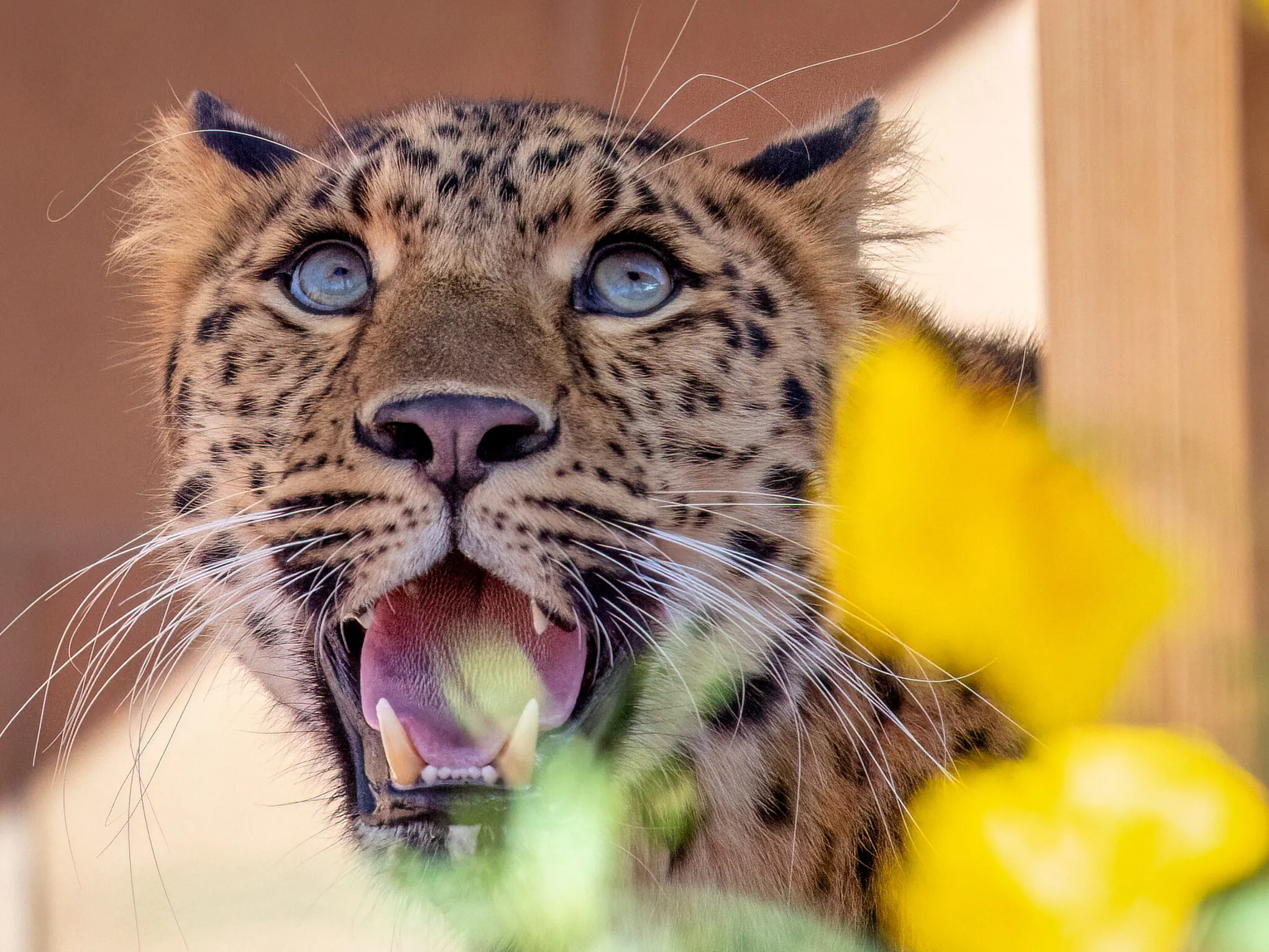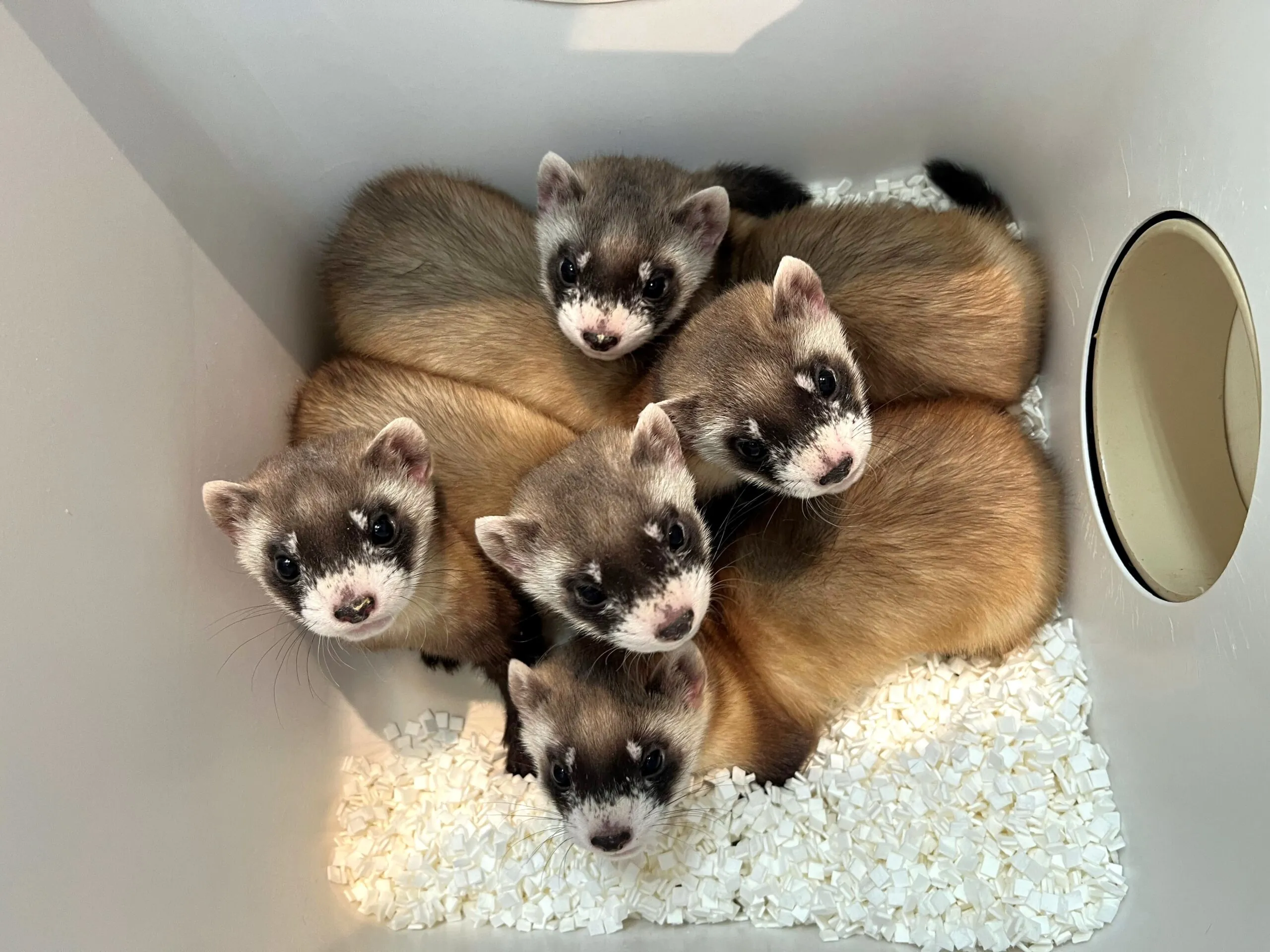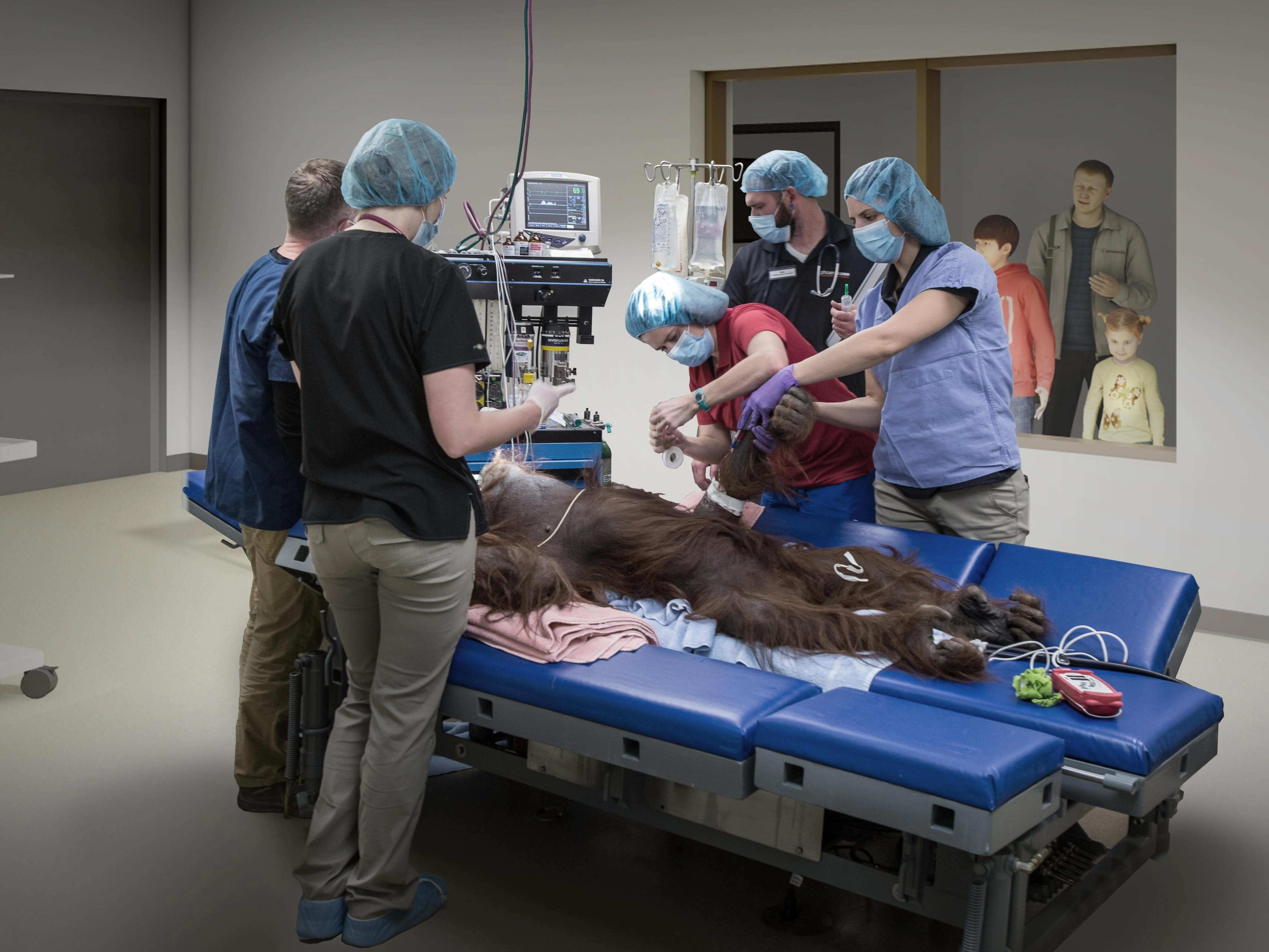Peninsular pronghorn
Antilocapra americana peninsularis
Home on the Range
One of five subspecies of pronghorn, peninsular pronghorn are identified by their dark coats and horns that are shorter and rougher than other subspecies. Once found throughout Baja California, Mexico and into Southern California in the U.S., they are now found only in a limited area of central Baja California. Their numbers have declined due to hunting, drought, loss of critical water sources and habitat loss from livestock grazing and fencing. With eyesight that allows them to sense movement and details at great distances, pronghorn prefer large, open spaces where it is difficult for predators to sneak up on them.
Where the Deer and Antelope Play
Despite their deer-like appearance and occasional moniker “pronghorn antelope,” pronghorns are neither deer nor antelope. They make up their own taxonomic family, Antilocapridae. There are no other species found in this family due to their unique features, the most prominent being their horns. True horns are made of compressed keratin that grows from a bony core, are never shed and have one point. True antlers are made of bone, are shed each year and have prongs. Pronghorns have horns made of keratin but are pronged and shed like an antler.
Need for Speed
The pronghorn is the fastest land animal in North America. The top speed of a pronghorn is a little under 60 miles per hour. That is not much slower than the fastest land animal in the world, the cheetah. However, pronghorns can maintain high speeds much longer than a cheetah. Hollow hairs, lightweight bone structure, cushioned toes acting like shock absorbers, and an impressively large and effective cardiopulmonary system give the pronghorn its speed and endurance. Although impressive runners, pronghorns are not good jumpers. Instead, they will typically slide under a fence while running, with minimal loss of speed.
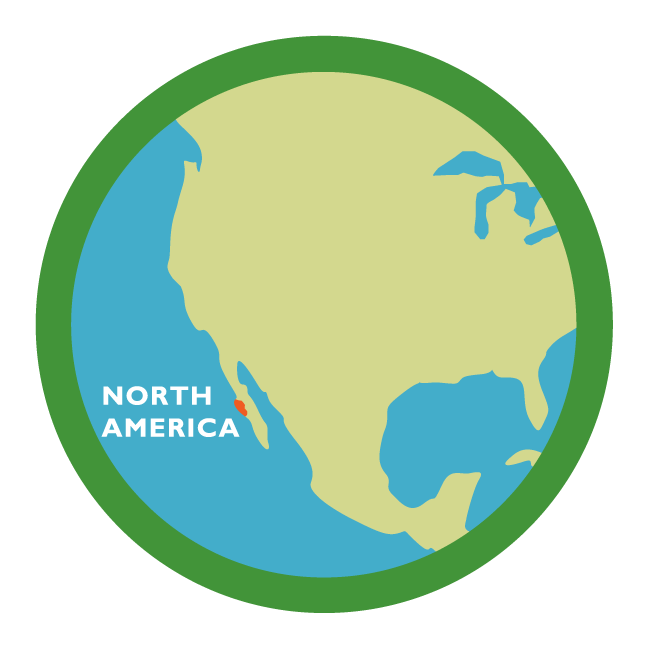
Diet: herbs, cacti, desert grasses
Zoo Diet: formulated feed, hay, browse
Habitat: grasslands, deserts
Weight: 75 – 130 lbs
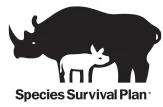

Plan your visit today!
The Phoenix Zoo is one of the largest non-profit zoos in the U.S., caring for over 3,000 animals, with nearly 400 species represented, including many threatened/endangered species.



